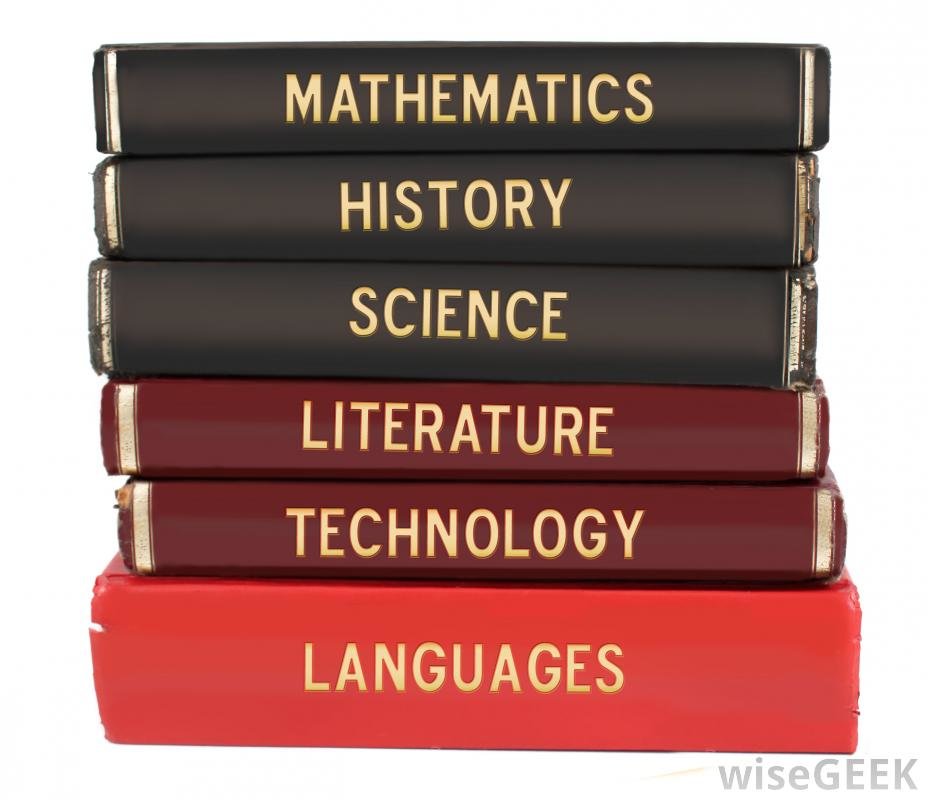Her question was answered well by HEM, so I don't want to address that question specifically. What I do want to do is use this particular question as an example of how a lot of people are missing an important point about how unschooling works.
Sometimes it seems to me as if those new to the philosophy only hear the "self directed" bit and then
 |
Some unschooling kids and teens might learn some school things in a way that looks school-y, but to assume that most unschoolers will first break learning down into all the same subjects taught in school, and then apply themselves to each one, is wildly inaccurate.
This false idea comes from the ingrained belief that schools hold the monopoly on education, and thus that anything "educational," anything from which children are learning, must look like school. It should involve textbooks, workbooks, or at the very least educational games. So if a child isn't going through a vocabulary list or using a math textbook, then they must not be developing their vocabulary or math skills.
This idea is as false as the one I recently saw in an article about unschooling (by someone who knew very little about it), where it was stated that unschooling meant “learning from experiences instead of books or teachers.”
In reality, unschooling is both structured and unstructured, learning is practiced with others and alone, you learn from experiences and the internet, apprenticeships and classes.
If the self directedness of unschooling meant that children would just choose to recreate school at home, then I was definitely doing it wrong in my formative years. My writing (and vocabulary and spelling) was learned because I liked reading, memorizing poetry, and communicating with others through the written word. My math skills developed because I had to handle my own money and because I got really into cooking. Much was learned through doing myself, through watching and learning from others, through asking questions and Googling questions and, sometimes, through playing spelling games with my sisters or looking in a textbook.
The point is to utilize whatever resources the learner finds most helpful in their own life, whether those resources end up looking “educational” or not.
Because of this, there isn't any one way that unschooling should look. Every family and individual is different, so how unschooling develops in each person’s life will be unique and special. The trick is just in letting go of pre-conceived ideas about what learning is supposed to look like, and embracing whatever unschooling becomes for you or your children.

No comments:
Post a Comment